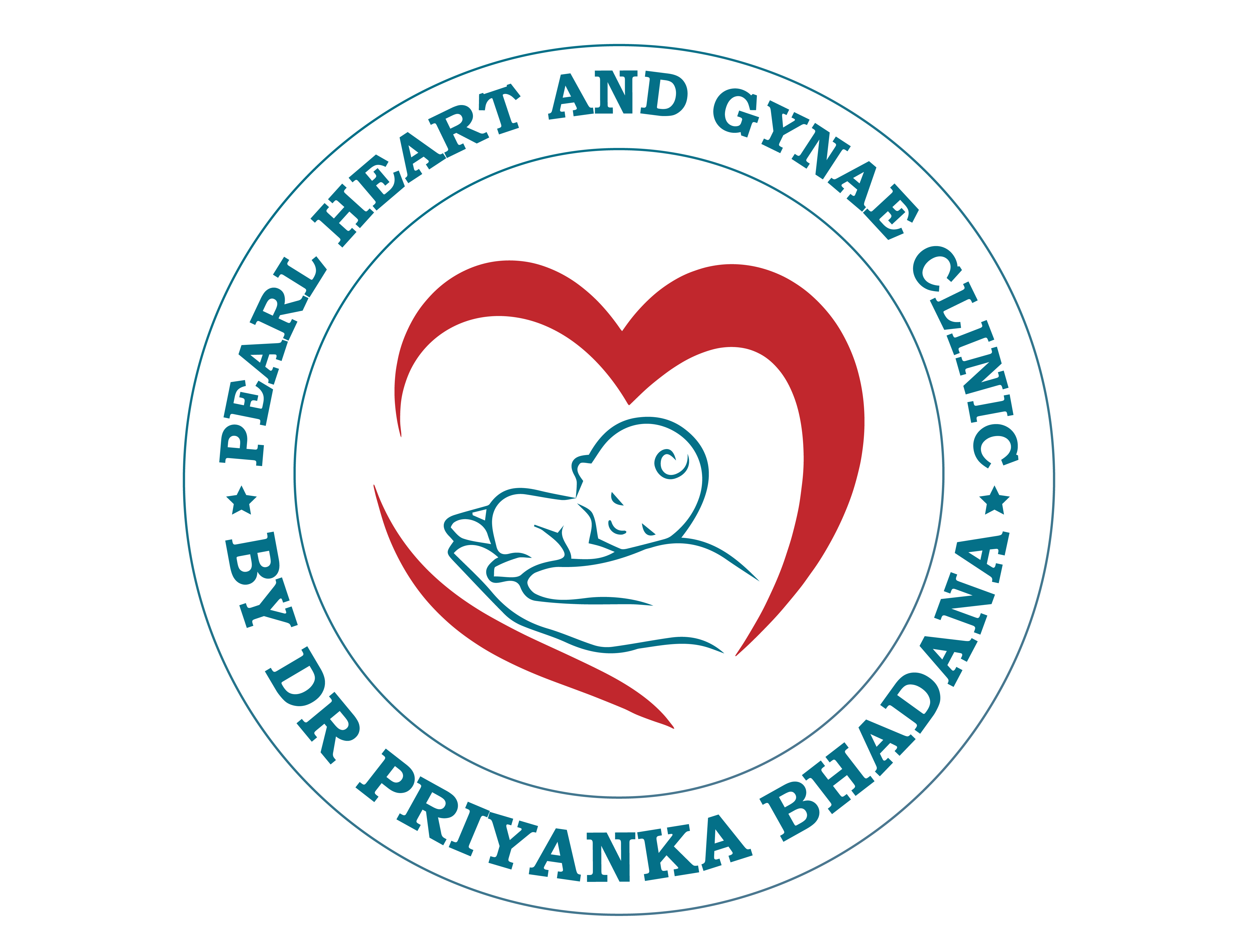Artificial Intelligence (AI) In IVF
Artificial intelligence (AI) is becoming increasingly popular and a trend in the world of IVF. AI has shown
promising results as it has the potential to analyze large amounts of data and identify patterns that may
not be apparent to the human eye, making them valuable tools for predicting pregnancy outcomes and
selecting the most viable embryos for transfer.
From fertilization to the blastocyst stage, AI may help in ongoing forecasts by integrating with time-lapse
imaging (TLI) technologies.
Studies have found that AI can improve the success rate of IVF by helping doctors to select the best
embryos for transfer and reducing the risk of miscarriage.
While the use of AI in IVF is still in its early stages, it shows promise as a tool for improving outcomes and
expanding treatment options.
Stem Cell Treatment
In recent years, stem cells have become a trend in the field of IVF, with researchers exploring their
potential to improve fertility and pregnancy outcomes.
Stem cells are undifferentiated cells that have the ability to develop into any type of cell in the body.
They have the potential to repair damaged tissue and regenerate new cells, making them a promising
option for treating a wide range of conditions.
Some studies have suggested that stem cells may be able to repair damaged tissue in the ovaries and
improve egg quality, leading to better outcomes for fertility treatment. Stem cell treatment is one of the
most researched topics in various fields of medicine & fertility.
Laser Assisted Hatching
One of the significant trends in IVF is the increasing use of assisted hatching, a technique that involves
making a small hole in the outer layer of the embryo to help it hatch and implant in the uterus.
This technique has been shown to improve the success rate of IVF in specific patient groups, such as
those with poor embryo quality or advanced maternal age.
Cryopreservation
Cryopreservation or fertility preservation is a technique to preserve fertility if a person’s reproductive
health is compromised because of certain medical conditions. The process involves freezing biological
tissue, such as eggs, sperm, and embryos, for later use.
It has become a trend In IVF, with more and more patients opting to freeze their eggs, sperm, or
embryos for future use. It is also being used to improve the success rate of IVF by allowing doctors to
select the best quality eggs, sperm, or embryos for transfer, known as Frozen Embryo Transfer (IVF-FET).
The increasing use of cryopreservation is a relatively new trend in IVF which will get a boost in 2023 and
the coming years.
Preimplantation Genetic Screening
Another trend in IVF is preimplantation genetic screening (PGS) and preimplantation genetic diagnosis
(PGD), which involve testing embryos for genetic abnormalities before they are transferred to the uterus
for implantation.
This can help to improve the chances of successful pregnancy and reduce the risk of miscarriage. PGS
and PGD are also being used to Screen for genetic disorders, allowing patients who are carriers of certain
conditions to have healthy children.
Robotic Technology and Nanobots
Intracytoplasmic Sperm Injection (ICSI) has become more automated because of the recent advances in
robotics and nanotechnology. These technologies allow for real-time analysis of oocyte penetration,
enabling doctors to select the best sperm or embryo for a specific situation.
The use of nanotechnology has enabled suitable sperm cells to be chosen, leading to the development of
a healthy embryo.
No doubt, reproductive technologies have come a long way in recent years and continue to evolve and
improve.
From assisted hatching and preimplantation genetic screening/diagnosis to time-lapse imaging and AI,
numerous trends and innovations in the field of fertility treatment are helping to increase success rates
and improve patient experiences.
While there is still much to learn about these technologies and their potential impact on fertility
treatment, it is clear that they offer a promising future for those seeking to start a family.
If you are considering fertility treatment, we encourage you to take the first step toward realizing your
dream of becoming a parent by speaking with a fertility specialist.
